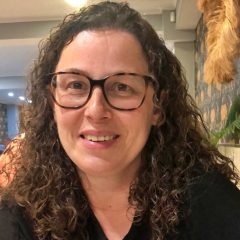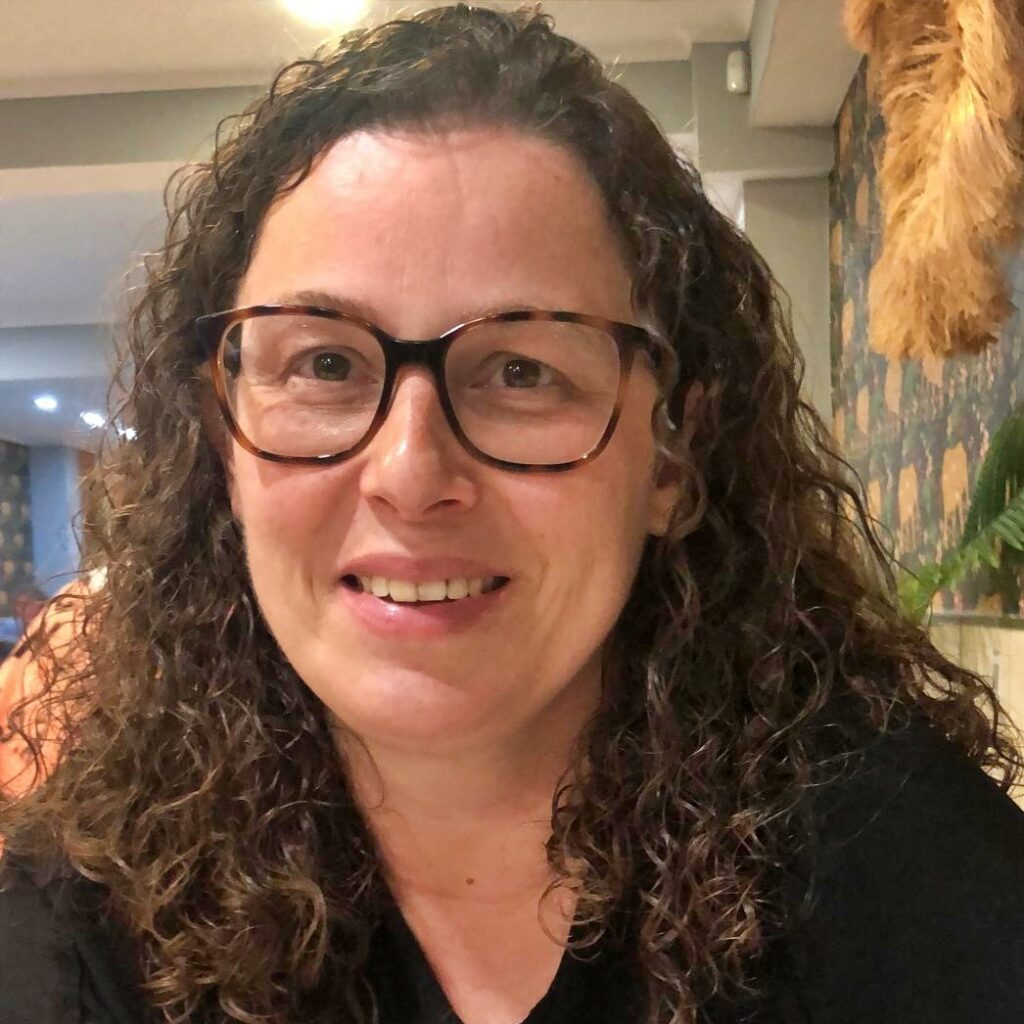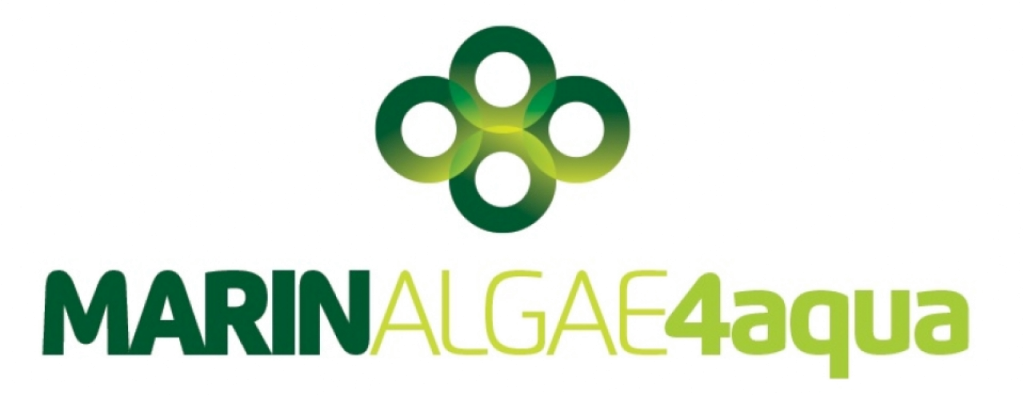

Investigador
Sara Antunes é licenciada em Biologia pela Universidade de Aveiro. Desenvolveu investigação científica aplicada na aquisição do grau de Mestre em Ciências das Zonas Costeiras e Doutora em Biologia, pela mesma instituição. A principal área de investigação científica onde tem desenvolvido o seu trabalho tem-se centrado na ecologia e ecotoxicologia aquática. Apesar do seu principal enfoque de investigação ser a ecologia/ecotoxicologia aquática, tem tido também oportunidade de desenvolver competências científicas na área da monitorização ambiental (ex: aplicação da Directiva Quadro da Água, avaliação da paisagem) e da educação ambiental.
EQUIPAS DE INVESTIGAÇÃO:
Biodiversidade Costeira









